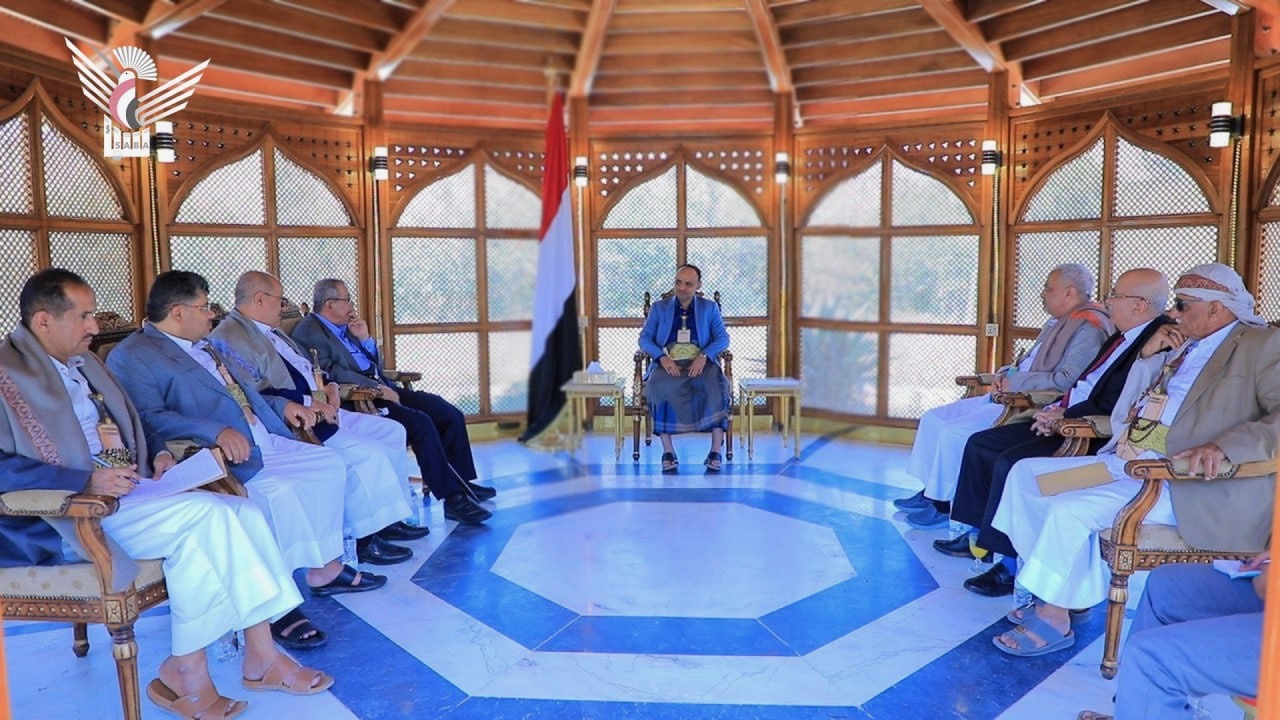YouTube closed dozens of channels on its platform belonging to various groups in Yemen on Monday, July 17. The groups affected by the ban include the Houthi militia, the Ansar Allah band, its artistic and documentary production units, along with the Revolutionary Media Center (RMC) based in Sana’a, al-Masirah reported.
The military in Sana’a claimed that the channels that were closed had over 500,000 subscribers with over 7,000 videos and millions of views. It also accused Twitter and Facebook of having shut the pages belonging to the organization.
Ansar Allah, the movement representing the Houthis, issued a statement calling the ban arbitrary and an act of “intellectual terrorism.” It alleged that YouTube is seeking to “harness the media assets of the countries of aggression to serve their colonial project.”
In its statement, the Revolutionary Media Center in Sana’a, which runs some of the channels affected by the ban, asked for its immediate revocation, saying that the bans “came without any violation of the terms and standards of publication.”
Claiming that the aim was to “obscure the national voice against the US, British, Saudi and Emirati aggression and its allies,” the RMC said that the move amounted to a “media war” against the people in Yemen as it “causes the international media to lose important Yemeni sources that used to communicate the truth to the world.”
The statement also accused YouTube of exacerbating the “media blockade imposed on the Yemeni people, forgetting the human right to obtain information, not blocking it.”
Yemen’s Houthis have been fighting against Western-backed military aggression and the blockade led by Saudi Arabia since 2016. The Houthis have used their limited presence on the internet to present their narrative of the conflict, which was predominantly portrayed as a “proxy war” between Saudi Arabia and Iran by the dominant international media.
Attacks on Houthi-led Yemeni news channels were carried out by the US government as well, which seized the website domain of the al-Masirah TV channel in June 2021, accusing it of spreading “misinformation” and posing a “threat to national security.”
Al-Masirah and other Yemeni channels have questioned the West’s support to the Saudi-led aggression in Yemen, calling the war an imperial project.
YouTube was previously accused of violating the freedom of speech and expression by scuttling alternative narratives when it decided to shut down channels related to Russian broadcasters RT and Sputnik in February last year following sanctions imposed by the US and its European allies on Russian media days after the war started in Ukraine.





